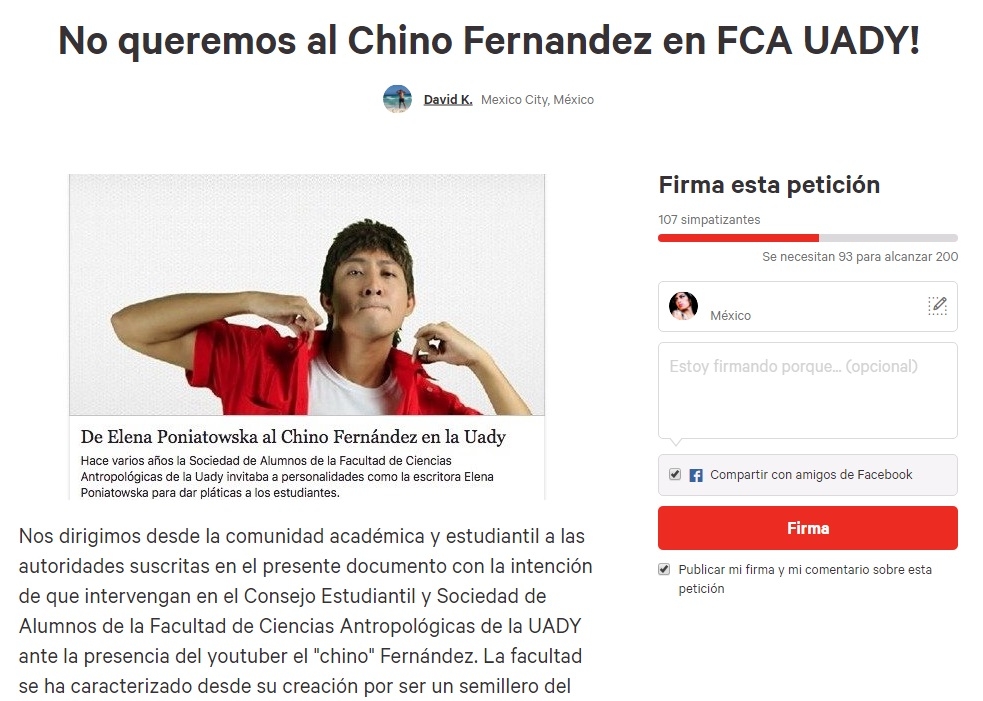Eduardo del Buey
Photo: Reuters
La Jornada Maya
Wednesday, August 28, 2019
The Chinese have developed to the point where they have the ability to exploit all four elements to further build their brand by way of the Belt and Road and this makes their public diplomacy relatively easy to manage.
First of all, China has the economic strength to commit significant amounts of money to invest in its Belt and Road Initiative. In addition, it has numerous multi-national companies offering myriad products, know-how and technology.
One only need look at Huawei, its impact on the telecommunications market in recent years and the fear it instills in competing governments and businesses.
China is funding many key projects in target markets to create demand for their products and technology. A byproduct of this is the expansion of their influence worldwide and this, in the long run, is China’s objective.
When I attended the Commonwealth Heads of Government Meeting in Port of Spain, Trinidad in 2009, the summit took place in a state of the art theater built and donated by the Chinese. When I accompanied the U.N. Secretary-General to the African Union Summit in Addis Ababa, Ethiopia, in 2012, that event took place in a magnificent headquarters building donated by the Chinese complete with a high-tech digital communications system.
By creating showcase products in Ethiopia, China has extended its influence into Africa – a crucial source of many of the raw materials Chinese industry requires The African Union groups all African states and the Chinese message was “China is a key partner and is in Africa to stay”.
Other messages are becoming clear.
China is willing to trade and invest without many of the preconditions related to free elections, democratic institutions, and freedom of expression that accompany similar products or services from the West. In this they appeal to a variety of less than savory regimes that are willing to follow the Chinese line in order to both secure necessary funding as well their own longevity in power by satisfying the needs of their citizens for jobs and progress.
Finally, the Confucius Institutes are a significant source of cross-cultural communication between China and the citizens of host countries. By 2020, China expects to have over a thousand institutes worldwide. It hopes to have one hundred million people overseas learning Chinese and absorbing Chinese culture and China’s worldview.
This creates a deep fount of potential allies across the globe. Future leaders will have enjoyed Chinese education, culture, and financial largesse in their formative years and keep China in mind when they achieve positions of power and influence. As well, recipients of Confucius Center programs provide China with excellent feedback with respect to the efficacy of its messaging and allows Chinese officials to constantly fine-tune and improve messages and delivery systems.
China has embraced public diplomacy on a large scale, and the Belt and Road Initiative has signed up countries on six continents – including a number of European Union member states and Latin American and Caribbean countries.
Another sign of the times is the recently signed cooperation agreement between Russia and China in June 2019 in which both countries agreed to cooperate on military technology and sales as well as energy technology, transmission, and products.
The message here is that China is at the center of a new axis of power that will compete with the West for influence and markets.
However, one must temper one’s reaction to China’s awakening and also look at the challenges it faces. Its ongoing treatment of its Muslim minority is highly controversial and likely to make relations with Muslim states difficult. Its ongoing dispute with Taiwan is also a bone of contention as some states seek to incorporate what Beijing considers a breakaway province into the global multilateral system. And a third challenge to China’s brand is its ongoing difficulties with Hong Kong, whose citizens are demanding democratic freedoms and a true adherence to the “one state, two systems” policy to which China agreed in its 1997 accord with the United Kingdom and the citizens of Hong Kong.
Indeed, China looks poised to use military force against protesters in Hong Kong, and is already using deadly force against the Uighur Muslim minority in its Western provinces. As well, China has forced YouTube to remove over 200 sites that have videos on the protests in Hong Kong.
These are serious challenges facing China’s public diplomacy practitioners, and the way in which they are managed by Beijing will affect international perceptions of China as a viable partner in the longer term and limit any positive impact of China’s public diplomacy efforts.
But the fundamental question remains: is there room for effective public diplomacy when an authoritarian government cares so little for the opinions of its own citizens, never mind citizens of other countries?
In future articles, I will comment on public diplomacy activities by a number of other countries in order to provide readers and practitioners with a vision of how powerful this diplomatic tool is when managed correctly and how much a country and its’ “brand” stands to lose if it doesn’t create and sustain programs of its own and support its messages with real policies and actions.
*Second of two parts.
[b][email protected][/b]
Su legado permanece en sus libros y estudiantes, a quienes enseñó a mirar el cielo
Miguel Ángel Cocom
El daño del tren no sólo es ambiental: también afectó la calidad de vida y el tejido social
Rafael Robles de Benito
